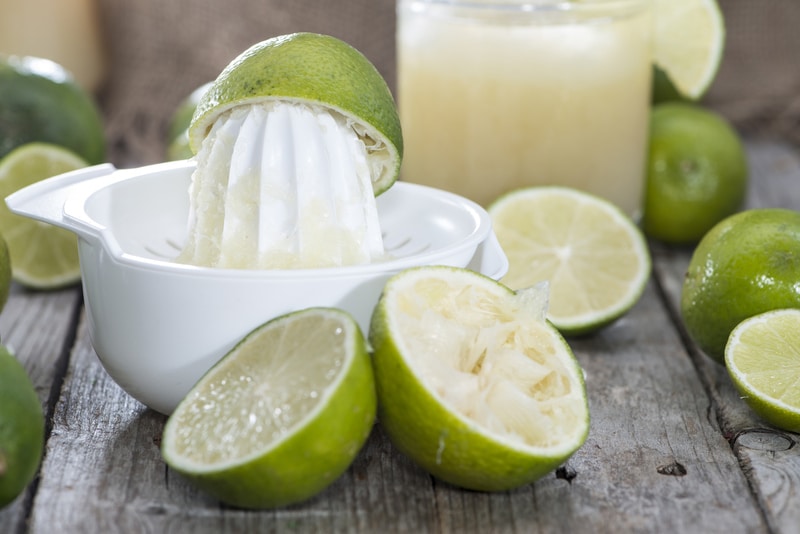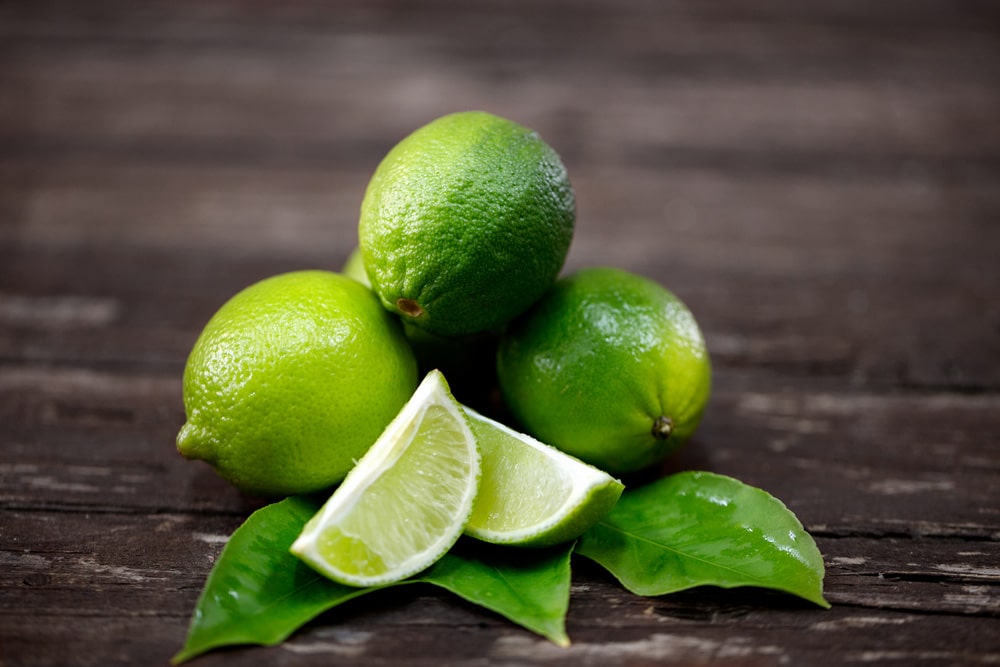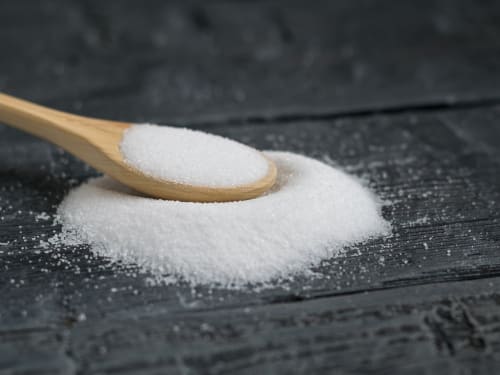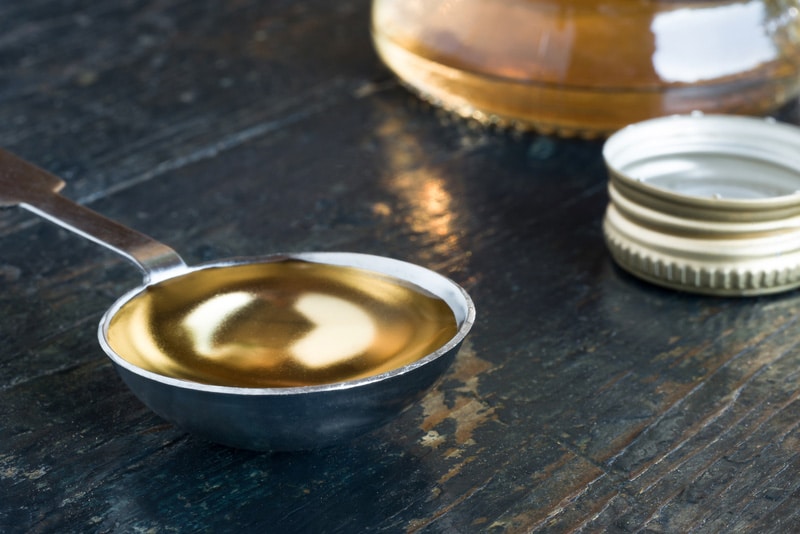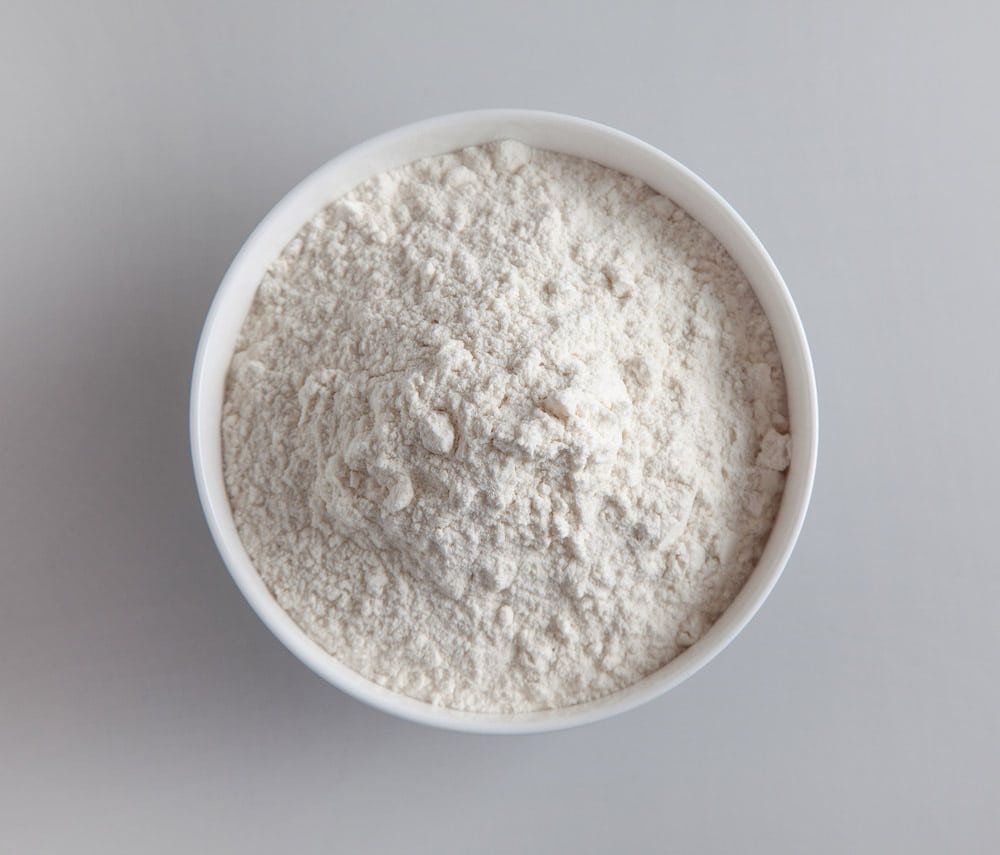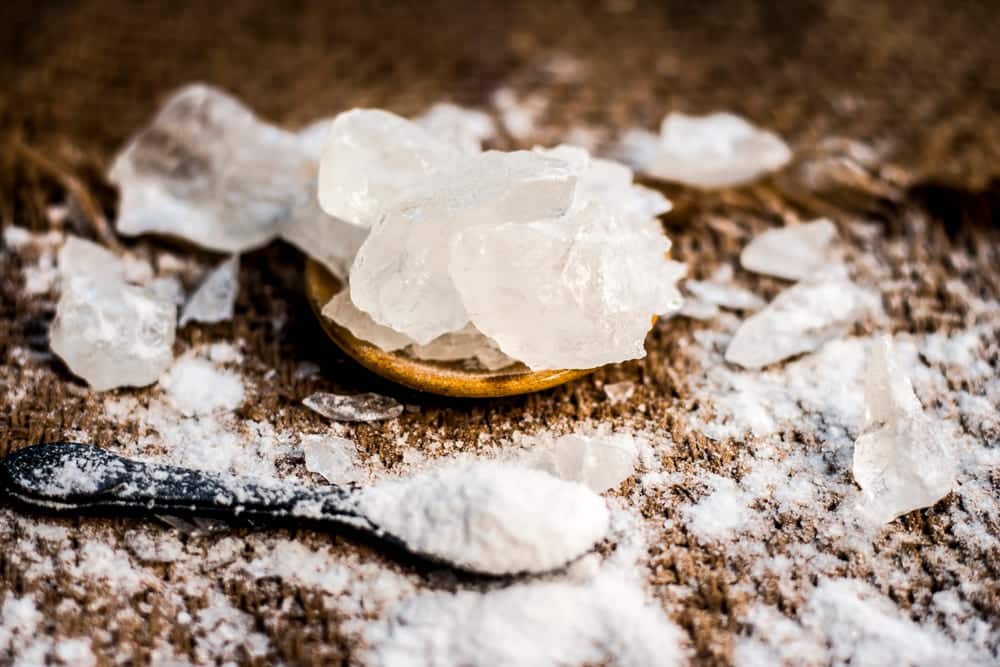
Alum is a widely used chemical compound found in the form of salt crystals. From dyeing to pickling, alum finds its uses in many areas. Since alum has many uses, you may think that it has no substitutes. However, that’s not the case.
So, what if alum is not available in your area? Is there any substitute that can be used instead? If you are looking for substitutes for alum, this article is for you. We have put together a list of some substitutes that you can use if alum is not available. Let’s get started without any further delay!
Alum Substitutes
Some alternatives to alum are mentioned in the section below.
Alum Substitutes for Pickling:
Alum has always been the main ingredient in pickle recipes. It is used as a preservative and helps the pickles maintain their crispiness.
- Lime
Lime is the first substitute for alum on our list. Also known as calcium hydroxide, lime is an odorless powdered chemical. It contains calcium that fortifies the pectin in cucumbers or other vegetables. This way, it adds to the crispiness, which is the desirable quality in pickles.
Is Lime Safe to Use?
Lime, when used in appropriate amounts, is safe to be used as a firming agent in pickles. However, overusing it can lead to botulism. This is because lime is a basic compound. High acidity levels are required to preserve any vegetable.
Not only does it enhance the flavor of your pickles, but it also kills the bacteria, thus creating ideal conditions for food preservation. However, using lime can neutralize the acidity level of the pickles.
If the acidity level is low, the bacteria will likely survive and cause problems. If used in high quantities, it can cause food poisoning. So, if you are to use lime as a pickling material, make sure to purchase food-grade lime that is safe to use.
Never use burnt or agricultural lime for this purpose. Although it is safe to consume, health experts don’t recommend using it. And, of course, its use is not strictly important. If you choose to use it, make sure to rinse your pickles after applying it.
If you experience vision loss or burning sensation in the nose, eyes, tongue, or lips, reach out to a doctor immediately.
Using Lime for Pickling
To use pickling lime as a firming agent, make a solution of lime water and soak the cucumbers in this solution for a few hours. Next, rinse the vegetables thoroughly and put them in fresh water for some hours to get rid of the lime.
Once you have removed the lime, you can transfer pickles to a jar to store them. However, it is important to note that the vegetables can absorb excess lime. So, there is no guarantee that the pickles are completely safe to consume.
Pickling salt, or canning salt, is another agent that you can use to improve the firmness of your pickles. Pickling salt is also sodium chloride, just Like table salt that we use in recipes. However, table salt contains additives and is iodized.
Pickling salt, on the other hand, is a pure salt free of any additive and safe for human consumption. Applying regular salt can give a dark appearance to your pickles and make the liquid a bit cloudy. This is why table salt is not suitable to be used for pickling.
Kosher salt can also be used as a firming agent. However, you will need to make sure that the kosher salt doesn’t contain additives. It varies depending on the brand. So, consider reading the ingredients on the package before using it.
Using Canning Salt for Pickling
The process is pretty straightforward. All you need to do is apply some salt to the vegetable and keep it in a refrigerator overnight. And yes, do not forget to rinse and dry the vegetables before canning them.
- Horseradish Leaves
Using horseradish leaves is another way of improving the crispiness of pickles. Its leaves contain tannins, which help the pickles maintain their firmness and keep them from getting mushy.
Apart from horseradish leaves, grape leaves, cherry leaves, and black tea leaves can also be used for pickling.
Using Horseradish Leaves for Pickling
Simply add one or two leaves to the jar, and that’s it. One thing to keep in mind when using horseradish leaves is that they have a pungent and unpleasant smell and can impart it to your pickles.
- Vinegar
Vinegar is a common option when it comes to alum substitutes for pickling. It has acidic properties that keep the pickles crunchy. Any vinegar will work fine, be it white vinegar, apple cider, or rice vinegar.
Not only that, but it also extends the shelf-life of your pickles. They can be used in combination or on their own.
Using Vinegar for Pickling
To pickle your vegetables, soak them in the vinegar brine and let them sit for several hours. Vinegar has a sharp sour taste, so it would be a good idea to add some sugar to vinegar brine. Having said that, it must be pointed out that vinegar is not as effective as an alum.
This is because alum is meant to be used for this purpose, while vinegar is only a substitute if alum is not available. However, it does the job most of the time. And yes, make sure to dilute the vinegar before using it.
Apart from the aforementioned methods, ice water can also make the pickles crunchy. Before pickling, submerge the vegetable in ice water for around five hours.
Alum Substitutes in Baking Powder:
Below are some substitutes for alum in baking powder.
- Ascorbic Acid
Ascorbic acid is an excellent alternative to alum in baking. It causes a chemical reaction in baked items that they need to rise. It acts as an oxidizing agent and causes the items to rise. The best thing about it is that it has no side effects.
- Tartaric Acid
Tartaric acid can also be used as a leavening agent in baking. When you add it to your baking recipe, it reacts with moisture and baking soda. Bubbles of carbon dioxide formed as a result of this reaction expand your baking item.
- Citric Acid
Like the acids mentioned above, citric acid also reacts with baking powder to raise baking items. Lemon juice is a rich source of citric acid. So, you can squeeze lemons to get lemon juice and use it in baking.
The Bottom Line
Alum is used as a firming agent in pickling and leavening agent in baking. Lime, pickling salt, horseradish, and vinegar can substitute alum for pickling, and ascorbic acid, tartaric acid, and citric acid can be used when it comes to substitutes for baking. We have mentioned all these alternatives in this article.
